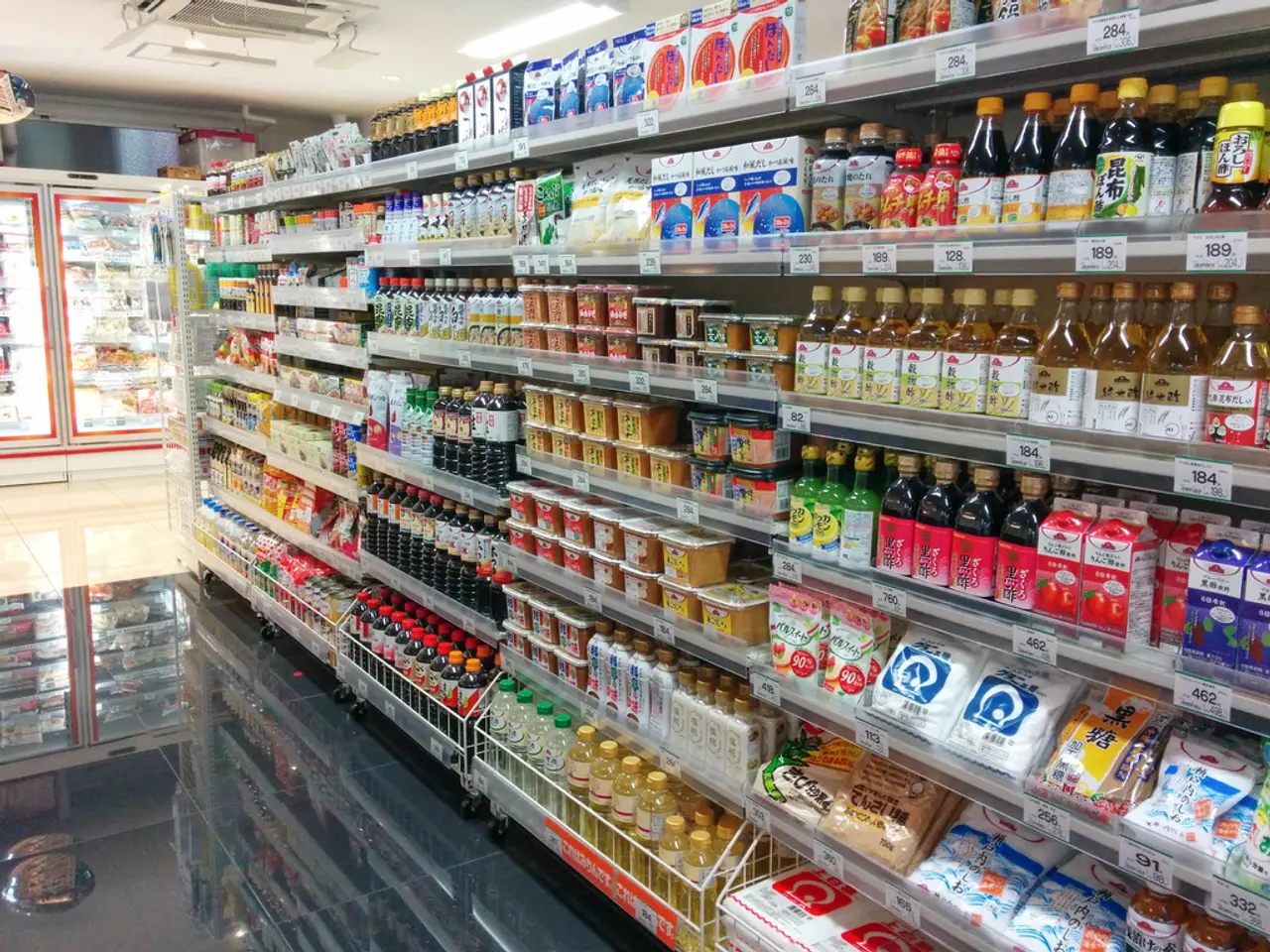Delivery service Lieferando to eliminate approximately 2,000 driver positions
In a move aimed at enhancing last mile delivery, Lieferando, a subsidiary of Dutch delivery service Just Eat Take Away, has announced plans to outsource around 20% of its delivery volume to specialized third-party providers. This decision, set to affect approximately 2,000 drivers nationwide by the end of the year, has sparked controversy and calls for regulation, particularly in Germany.
The hospitality department head at the NGG, Mark Baumeister, has expressed outrage over this decision, viewing it as an attack on co-determination and employment structures at the company. The NGG, which has been fighting for a collective bargaining agreement for Deliveroo workers and a minimum wage of 15 euros per hour, recently called for renewed strike action in Hamburg, a city particularly hard hit by these job cuts.
The issue of sham self-employment, where workers are classified as independent contractors but lack the benefits and protections of employees, is a significant concern. While German labor law does not provide specific protections against sham self-employment in the delivery sector, there is a growing call for better regulation of working conditions and more stringent monitoring of subcontractors.
The European Commission has acknowledged the issue of sham self-employment in platform work and is discussing potential solutions, such as clearer definitions of employment status and protective measures. The European Working Time Directive (WTD) sets a maximum average working week of 48 hours, but stricter enforcement and the end of individual opt-outs from the 48-hour limit are being called for.
The competition landscape and market are changing rapidly, according to Germany CEO Lennard Neubauer. Lieferando will work with specialized logistics companies that will take over delivery with their own drivers in smaller markets like Wiesbaden, Lübeck, and Bochum. However, labor representatives, such as the NGG, criticize exploitative practices and widespread sham self-employment in the delivery sector.
It's worth noting that Wolt's partner companies directly employ their drivers, while this is not the case with all competitors. The industry's reliance on subcontractors for last mile delivery has been a topic of debate, with calls for better transparency and oversight regarding these arrangements.
As the delivery sector continues to evolve, ongoing discussions and reports aim to push for better protections and clearer rules for workers. The case of Lieferando serves as a reminder of the need for specific regulations to address the complexities of platform work and sham self-employment in this industry.
The hospitality department head at the NGG, Mark Baumeister, believes this decision by Lieferando could potentially impact employment structures in the finance sector, as it may lead to an increase in sham self-employment in the business sector, specifically the technology-driven delivery sector. With the European Commission acknowledging the issue of sham self-employment in platform work, there is a growing need for clearer definitions of employment status and protective measures in the delivery sector and beyond.




